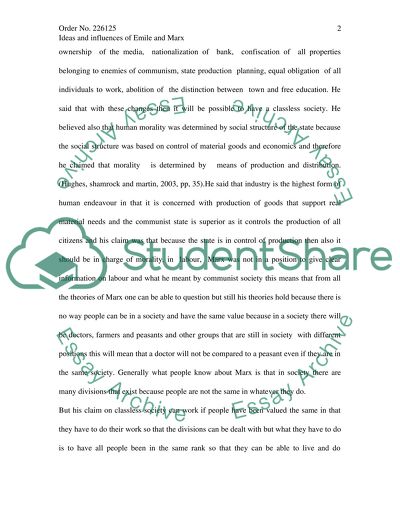Cite this document
(“Describe the ideas and influence of Karl Marx and Emile Durkheim as Essay”, n.d.)
Describe the ideas and influence of Karl Marx and Emile Durkheim as Essay. Retrieved from https://studentshare.org/miscellaneous/1546460-describe-the-ideas-and-influence-of-karl-marx-and-emile-durkheim-as-these-may-relate-to-an-understanding-of-management-in-society
Describe the ideas and influence of Karl Marx and Emile Durkheim as Essay. Retrieved from https://studentshare.org/miscellaneous/1546460-describe-the-ideas-and-influence-of-karl-marx-and-emile-durkheim-as-these-may-relate-to-an-understanding-of-management-in-society
(Describe the Ideas and Influence of Karl Marx and Emile Durkheim As Essay)
Describe the Ideas and Influence of Karl Marx and Emile Durkheim As Essay. https://studentshare.org/miscellaneous/1546460-describe-the-ideas-and-influence-of-karl-marx-and-emile-durkheim-as-these-may-relate-to-an-understanding-of-management-in-society.
Describe the Ideas and Influence of Karl Marx and Emile Durkheim As Essay. https://studentshare.org/miscellaneous/1546460-describe-the-ideas-and-influence-of-karl-marx-and-emile-durkheim-as-these-may-relate-to-an-understanding-of-management-in-society.
“Describe the Ideas and Influence of Karl Marx and Emile Durkheim As Essay”, n.d. https://studentshare.org/miscellaneous/1546460-describe-the-ideas-and-influence-of-karl-marx-and-emile-durkheim-as-these-may-relate-to-an-understanding-of-management-in-society.


